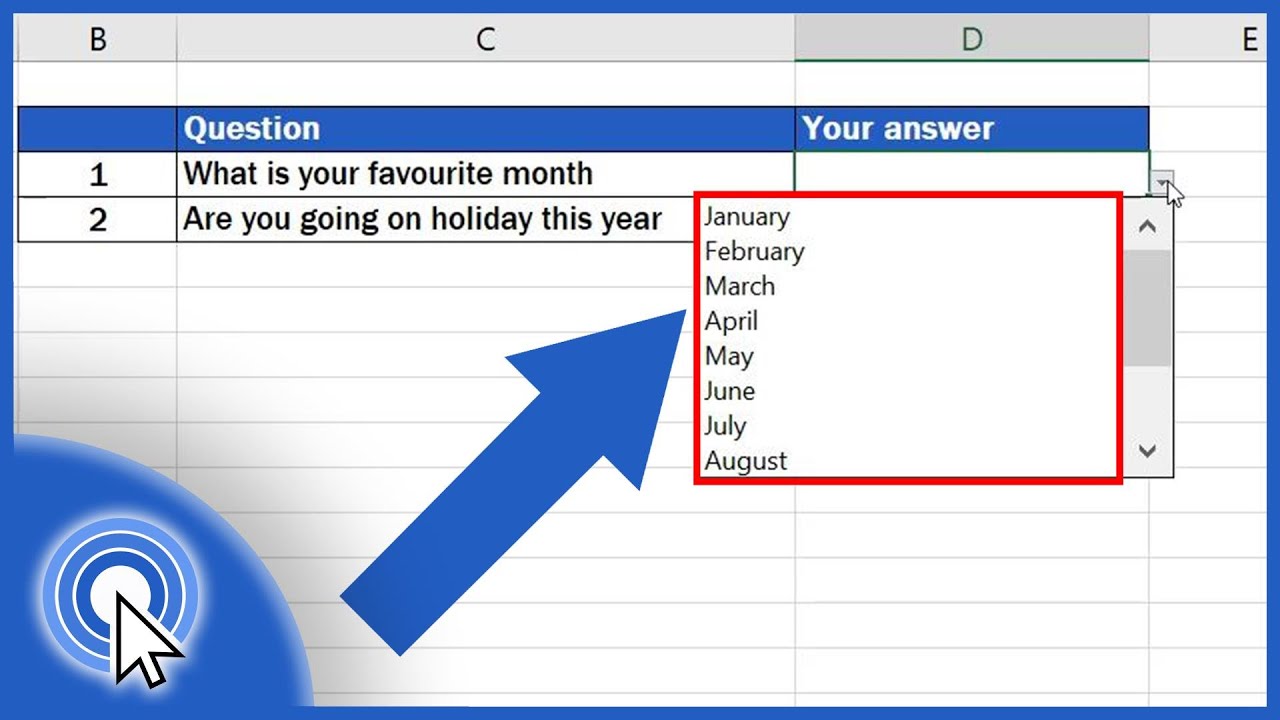Discover the Lifeguard Age Requirement for 2025: Key Details

Understanding Lifeguard Age Requirements for 2025
The role of a lifeguard is essential for ensuring safety at pools, beaches, and recreational facilities. As we approach 2025, it's crucial for prospective lifeguards to understand the lifeguard age requirement that varies across different regions. Knowing these specifics can guide young individuals on how to become a lifeguard, navigate lifeguard certification age guidelines, and plan for training opportunities suited to their age group. This article provides a comprehensive overview of the various lifeguard age requirements by state, the minimum age to apply for lifeguard positions, and details on youth and junior lifeguard programs.
Embarking on a lifeguarding career not only involves meeting age criteria but also includes certifications and training that contribute to making informed, lifesaving decisions. The benefits of becoming a lifeguard at a young age are substantial, guiding them toward personal responsibility and workplace skills that can last a lifetime. Below is a roadmap of what will be discussed, highlighting essential lifeguard qualifications age specifics, and the age restrictions in place. Key takeaways include an understanding of lifeguard roles at different ages, the importance of adhering to age guidelines in training, and insights into youth lifeguard programs.
Essential Lifeguard Age Guidelines
Understanding the lifeguard age guidelines is fundamental for those interested in advancing their careers in aquatic safety. Typically, the minimum age to be a lifeguard is set between 15 to 18 years, depending on state regulations. The lifeguard certification minimum age can also differ based on whether the applicant is seeking a junior lifeguard program or standard certification for older teens. Many lifeguard courses require participants to be at least 15 years old, which is crucial for ensuring maturity and responsibility in high-pressure situations.
Statistical evidence shows that younger lifeguards can often provide effective services while developing lifetime skills. Lifeguard training programs often emphasize physical fitness, swimming skills, and decision-making abilities. States such as California and New York may have varied approaches to lifeguard age requirements, with specific restrictions in place for junior lifeguarding applicants. This equips candidates with knowledge about lifeguard eligibility age and entry requirements before they reach the full certification age.
State-Specific Age Restrictions
Each state in the U.S. has its own lifeguard age restrictions, which can affect many potential applicants. For example, several states allow individuals as young as 14 to participate in junior lifeguard programs, which introduce essential swimming and safety skills. However, to obtain full lifeguard certification, individuals generally need to be at least 15 years old and complete specified training courses.
It's also important to pay attention to local aquatic facility requirements. Municipal lifeguard programs may have specific age and training mandates necessary for their regions. For real-time information on lifeguard age requirements by state, it’s best to consult with local authorities or training organizations that offer lifeguard certification courses.
Understanding Junior Lifeguard Programs
Junior lifeguard programs are specifically designed for young individuals aged 11 to 14. These programs primarily focus on building foundational skills in water safety, swimming techniques, and early lifeguard decision-making practices. Participants learn about lifeguarding fundamentals in a structured environment, bridging the gap toward becoming a lifeguard at the minimum age of 15.
Moreover, junior lifeguards receive mentorship from certified lifeguards and instructors, providing opportunities for development through hands-on training. This age group can significantly benefit from these programs, helping them gain confidence and prepare for future responsibilities as full-fledged lifeguards. Understanding the junior lifeguarding age group helps prospective candidates identify opportunities to gain experience early on.
Preparations and Age-Specific Training
The age to start lifeguard training typically aligns with the lifeguard certification age guidelines. Advanced lifeguard certifications, including courses for lifeguards over 18, are available for those pursuing a more extensive career path in lifeguarding. These include training in CPR, first aid, and specialized aquatic safety protocols, which vary by authority and training organizations.
For younger lifeguards and those preparing for lifeguard certification courses, preparing through steady swimming practice and physical fitness training can significantly enhance their overall readiness for taking on responsibilities. It’s essential for young lifeguards to focus on cultivating qualities such as effective communication, teamwork, and preparedness for emergency situations to succeed in this career.

Becoming a Lifeguard: Age Considerations
The process of becoming a lifeguard extends beyond just age considerations. Aspiring lifeguards must also understand the job responsibilities that come along with their position. This section focuses on the comprehensive requirements involved in lifeguarding at various ages, including those pursuing a summer job as a lifeguard and the age requirements for lifeguard training programs.
Lifeguard Certification Minimum Age
The lifeguard certification minimum age is typically set at 15, which means that individuals can officially apply for lifeguarding positions once they reach this age and complete the requisite training. Some organizations may also offer online lifeguard training that candidates can begin ahead of time, provided they meet age restrictions.
Young lifeguards also have unique responsibilities that are outlined within their training. They need to be well-versed in their duties and responsibilities, understanding the critical importance of maintaining safety and being prepared for emergencies. Preparing for a lifeguard role demands dedication, including countless hours spent mastering essential skills through rigorous training.
Opportunities for Young Lifeguards
Many facilities and organizations have increasingly recognized the potential in junior lifeguards and have begun to offer positions that involve mentoring and assisting more experienced lifeguards. For instance, summer camp lifeguard roles provide ample opportunities for young lifeguards to gain work experience and build a resume. Despite being younger, they can take on roles that allow them to contribute effectively while they continue to improve their skills and qualifications.
This process of training as a young lifeguard not only benefits their aquatic safety education but also cultivates valuable soft skills such as communication and teamwork. Many young lifeguards find these experiences immensely rewarding and encouraging as they move toward full certification.
Age for Lifeguard Courses and Beyond
The age to take lifeguard courses generally aligns with state requirements and training availability. Many courses accept participants at the age of 15, coinciding with the lifeguard age requirements and certification processes. However, for those looking to work as a lifeguard while still under the official age limit, options remain through junior lifeguard programs that lay the groundwork for future qualifications.
Furthermore, lifeguard training resources vary, with different organizations providing specific courses meeting regional safety standards and certifications. It’s essential for candidates to familiarize themselves with the course structure, including swimming challenges and competitive lifeguard tests, to ensure they are adequately prepared.

Frequently Asked Questions About Lifeguard Age Requirements
1. What is the minimum age to work as a lifeguard?
The minimum age to work as a lifeguard generally starts at 15 years old, but local regulations may vary. Some junior lifeguard programs accept younger participants starting from 11 to 14 years old, primarily focusing on foundational training.
2. Can I become a lifeguard at 14?
Yes, many junior lifeguard programs allow participants to start training at 14. However, official lifeguard certification generally requires individuals to be at least 15 years old.
3. Do lifeguards need to hold CPR certification?
Yes, lifeguards are typically required to attain CPR certification as part of their training. This is essential for ensuring they can respond effectively in emergency situations.
4. Are there lifeguard training programs for minors?
Many organizations offer lifeguard training tailored for minors. These programs teach valuable skills while preparing young individuals for eventual certification upon reaching the required age.
5. How does age impact lifeguard job opportunities?
Younger applicants typically have fewer job opportunities but may access junior programs that nurture their skills and prepare them for future employment as lifeguards. Opportunities for young lifeguards often include summer positions or local contests that enhance their experiences.